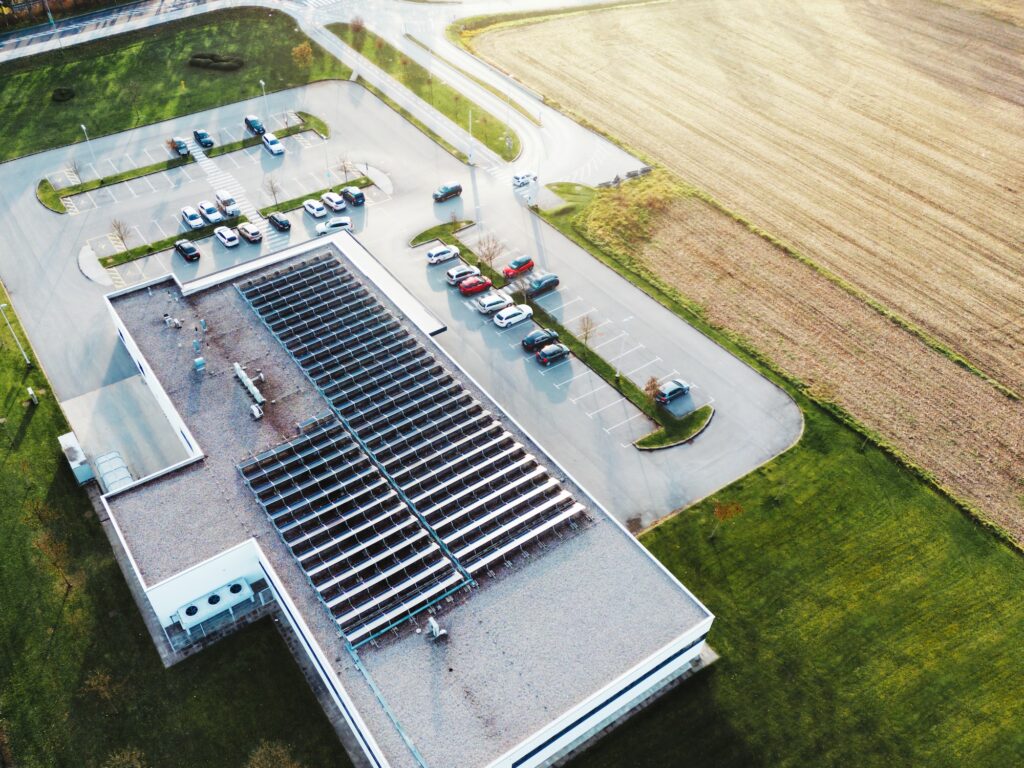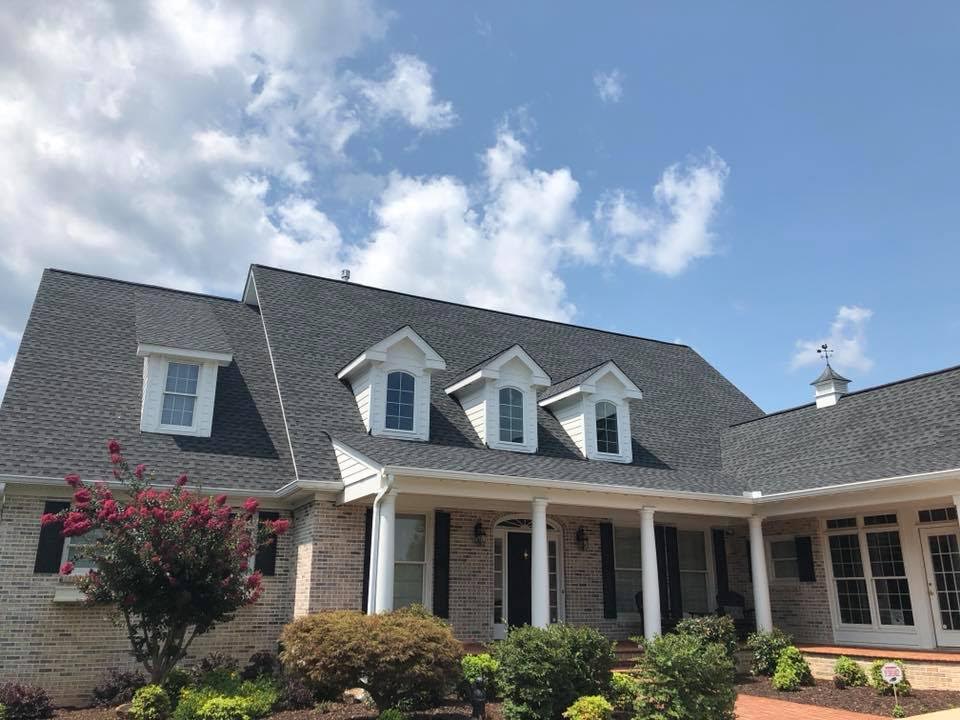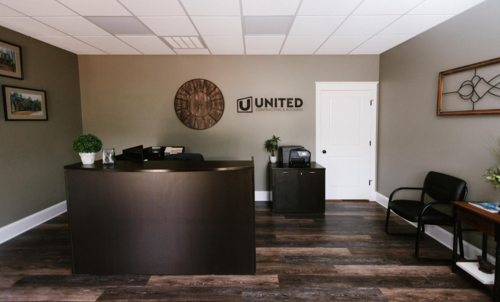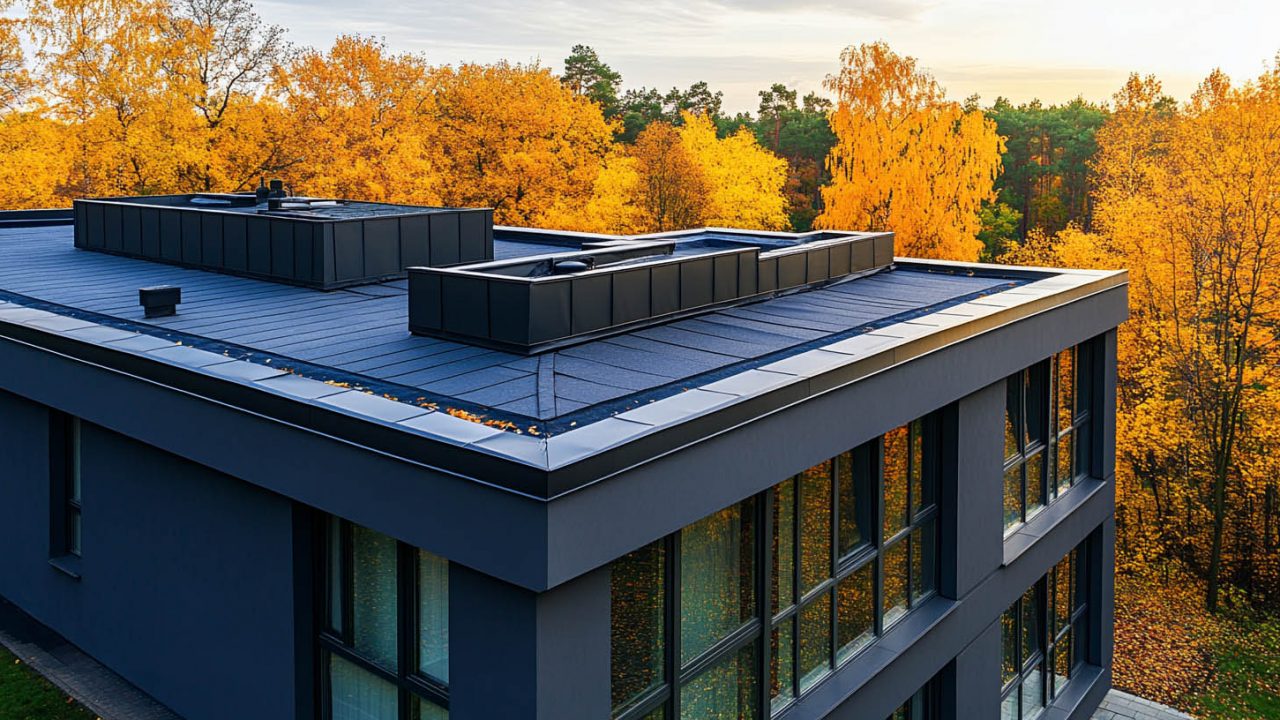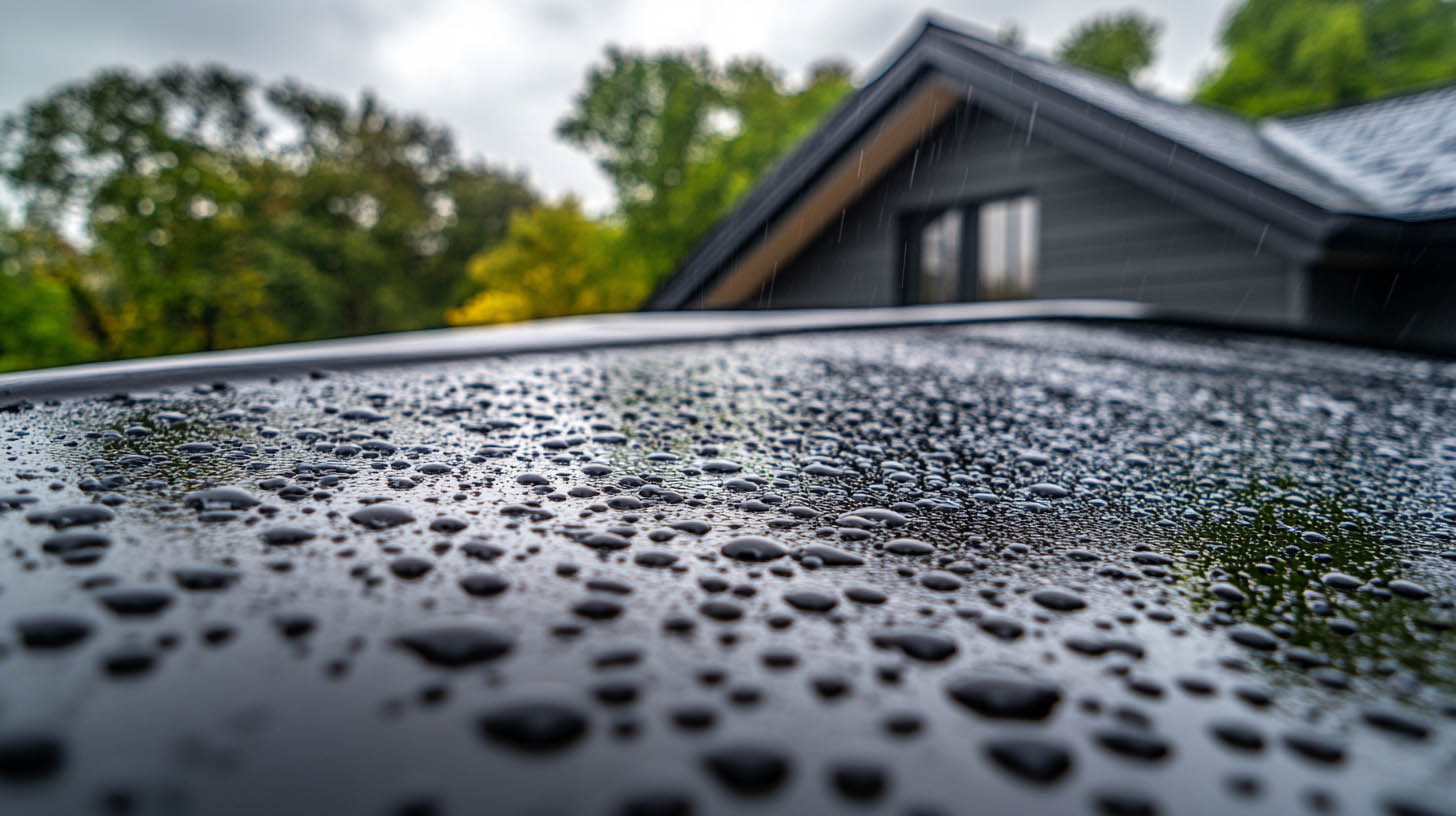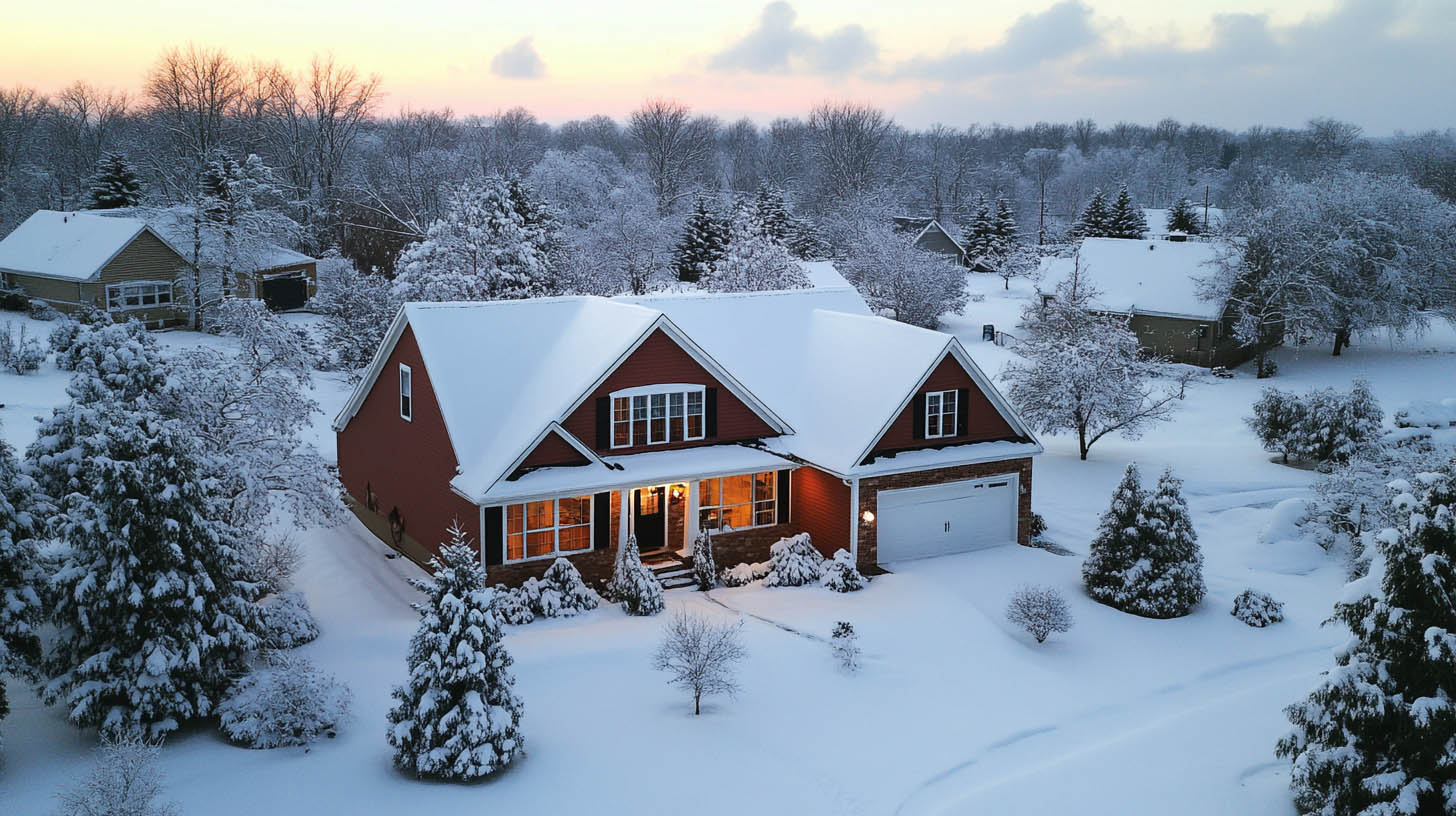United Contracting & Roofing LLC in Greenville, SC, emphasizes the importance of understanding your commercial roof’s warranty. Knowing the details can save you from unexpected costs and ensure your roof remains in top condition.
Warranty vs. Insurance
Key Differences
- Insurance: Covers repair and replacement costs for accidental damage (e.g., hailstorm, vandalism). It does not cover material or workmanship defects.
- Warranty: Guarantees the roof’s materials and workmanship for a specified period. It covers performance standards and longevity, excluding accidental damage.
Types of Warranties
Contractor (Installer) Warranty
- Coverage: Focuses on the workmanship involved in the roof installation.
- Duration: Typically 1 to 5 years, but can be negotiated for longer.
- Importance: Ensures the roof installation quality. A shorter warranty might indicate less confidence in the work quality.
Manufacturer’s Warranty
This warranty covers various aspects of the roofing materials:
- No Dollar Limit Warranty: The manufacturer pays for full replacement if there are material defects, regardless of cost.
- Labor and Material Warranty: Covers repairs and replacements up to a certain dollar limit, decreasing annually.
- Materials Warranty: Covers the quality of the roofing materials for 10 to 30 years.
- Roof System Warranty: Covers only the membrane part of the roof, excluding insulation.
Responsibility for Repairs
Building Owner’s Role
- Maintenance: Owners must regularly maintain the roof to avoid voiding the warranty.
- Damage Reporting: Any damage must be documented and reported promptly.
Manufacturer/Contractor’s Role
- Defective Materials: The manufacturer or contractor must replace defective materials and repair the roof at no cost to the owner if defects are within warranty scope.
- No Owner Cost: Repairs covered by the warranty should not incur any cost to the building owner.
What Voids the Warranty
Neglect and Unapproved Changes
- Negligence: Failure to maintain the roof can void the warranty.
- Unauthorized Changes: Adding unapproved elements can damage the roof and void the warranty.
Damage Documentation
- Incident Recording: High winds, fallen trees, or other incidents must be documented.
- Timely Claims: Late claims without documentation may be rejected.
DIY Repairs
- Professional Repairs: Only professional repairs are covered; DIY repairs can void the warranty.
Conclusion
Understanding your commercial roof’s warranty is crucial for protecting your investment. Proper maintenance, timely damage reporting, and professional repairs are key to ensuring the warranty remains valid. Trust United Contracting & Roofing LLC for expert roofing solutions and maintenance services.For more information on Preserving Your Commercial Roof: The Importance of Commercial Leak Detection, click here.

